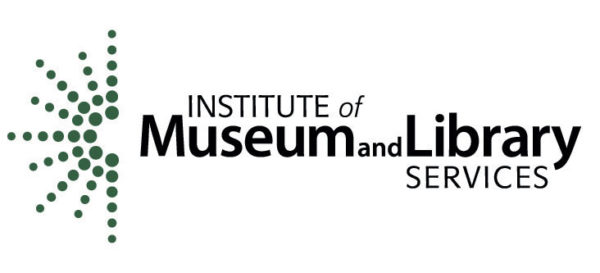Exploring the Effectiveness and Durability of Digital Preservation and Curation Services
Announcing a New Research Project Funded by IMLS
With generous funding from the Institute of Library and Museum Services (IMLS), we are pleased to initiate an 18-month research project to examine and assess how digital preservation and curation systems (DPCS) are developed, deployed, and sustained. Because our cultural, historic, and scientific heritage is increasingly being produced and shared in digital forms, libraries, archives, and museums are increasingly dependent on digital platforms to support the curation, discovery, and long-term management of digital content. Yet, some of these systems and tools have been shown to have substantial sustainability challenges. We will examine the business approaches of community-based DPCS and compare and relate them to strategies followed by commercial entities offering similar products. Also, our study aims to examine what it means for DPCS to be inclusive and accessible as they need to strike a balance between agility, inclusivity, and the diverse needs of users.
For the purposes of the study, we define DPCS as the tools and services used by cultural heritage organizations to undertake digital preservation and curation work. Examples include Archivematica, Cell Signalling Alliance (defunct), Chronopolis, ContentDM, Digital Preservation Network (defunct), DuraSpace, Dryad, EPrints, figshare, Greenstone, HathiTrust, Invenio, LOCKSS/CLOCKSS, Mukurtu, National Public Library of America (DPLA), Portico, Rosetta, Samvera/Hyku, and Zenodo. Through a series of case studies, we will analyze the business approaches of community-based and commercial initiatives, offer lessons learned, and propose alternative sustainability models for long-term maintenance and development. The study aims not only to further increase our understanding of sustainability principles but also to design actionable recommendations to help the sector implement research findings. To this end, we will convene a series of in-person and/or virtual forums to share the findings with the members of the relevant DPCS and higher education community, funders, and policy makers to facilitate community-based discussions of the research findings, implications, and alternative models. This process will take into consideration the varying needs and resources of cultural institutions that serve user communities with diverse geographic, cultural, and socioeconomic backgrounds.
Our initial review of key initiatives that explore the socio-technical aspects of the sustainability challenge has revealed a number of themes that provide a foundation for our study. Based on this substantial related work, we have identified two key issues that we plan to address in the current project. First, there has been limited examination of how community-based initiatives develop sufficient capital and agility to thrive in sectors that include for-profit competitors. Second, there has been very little sustained engagement with the funder community to help it consider how altered programmatic guidelines or investment strategies might improve outcomes. The project is aligned with the IMLS National Digital Infrastructures and Initiatives’s directive to enhance the sustainability and accessibility of digital content and collections to provide long-term impact to and value for diverse and evolving user communities.
The COVID-19 pandemic and its potential operational and financial implications for cultural heritage organizations further underscores the importance of deploying operationally and financially durable and effective systems. Because the proposed research relates to a pressing area that requires the development of alternative strategies in a timely manner, we will engage the key stakeholders at the project onset and offer a series of interim webinars, blog posts, presentations, and interviews throughout the project targeting audiences who design, develop, select, use, assess, and fund DPCS. We look forward to working with various stakeholders, knowing that we will deeply benefit from their perspectives and insights.
About IMLS
The Institute of Museum and Library Services (IMLS) is celebrating its 20th Anniversary. The Institute of Museum and Library Services is the primary source of federal support for the nation’s approximately 123,000 libraries and 35,000 museums. Our mission is to inspire libraries and museums to advance innovation, lifelong learning, and cultural and civic engagement. Our grant making, policy development, and research help libraries and museums deliver valuable services that make it possible for communities and individuals to thrive. To learn more, visit www.imls.gov and follow us on Facebook, Twitter and Instagram.
This project was made possible in part by the Institute of Museum and Library Services LG-246365-OLS-20
